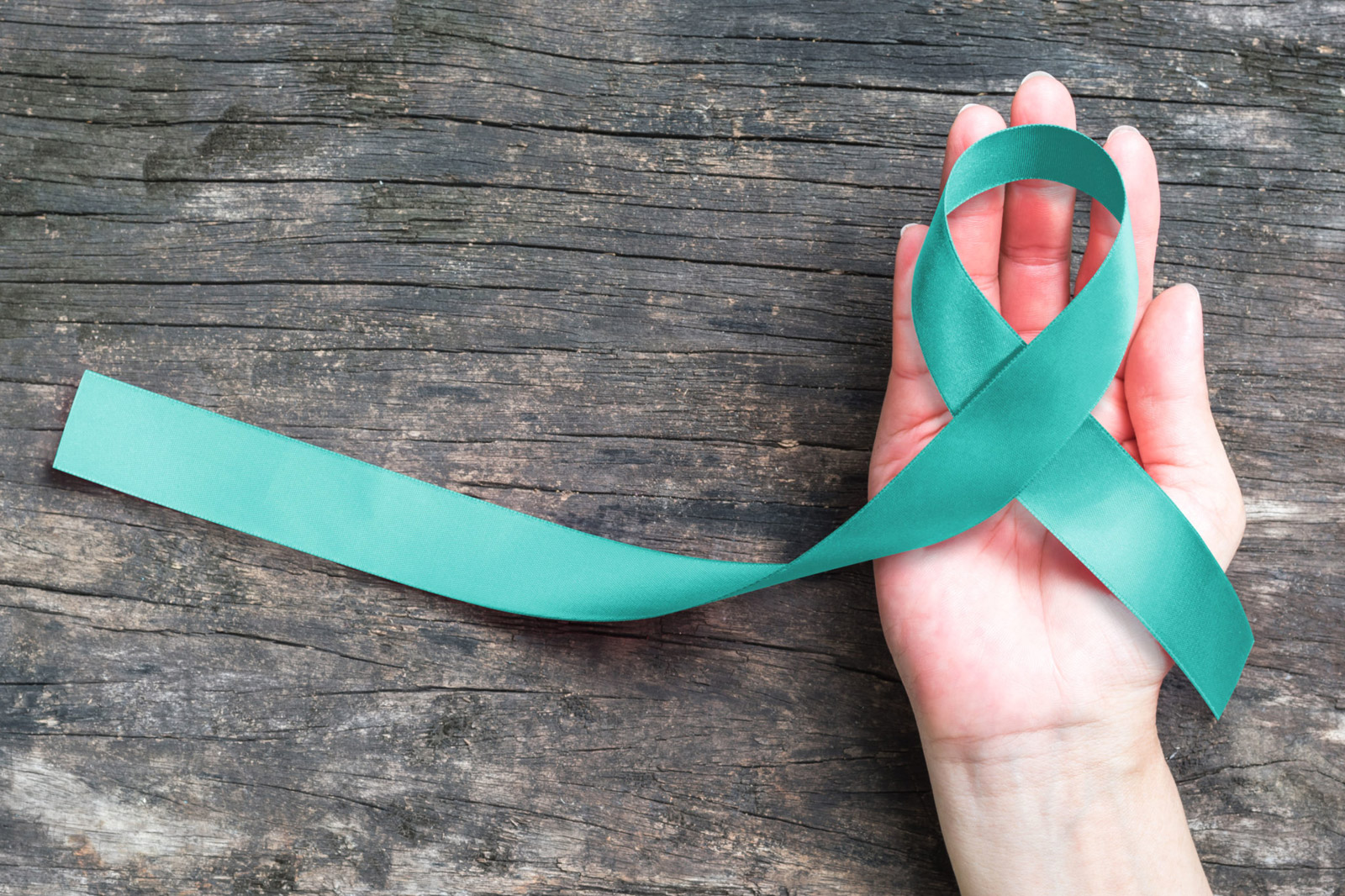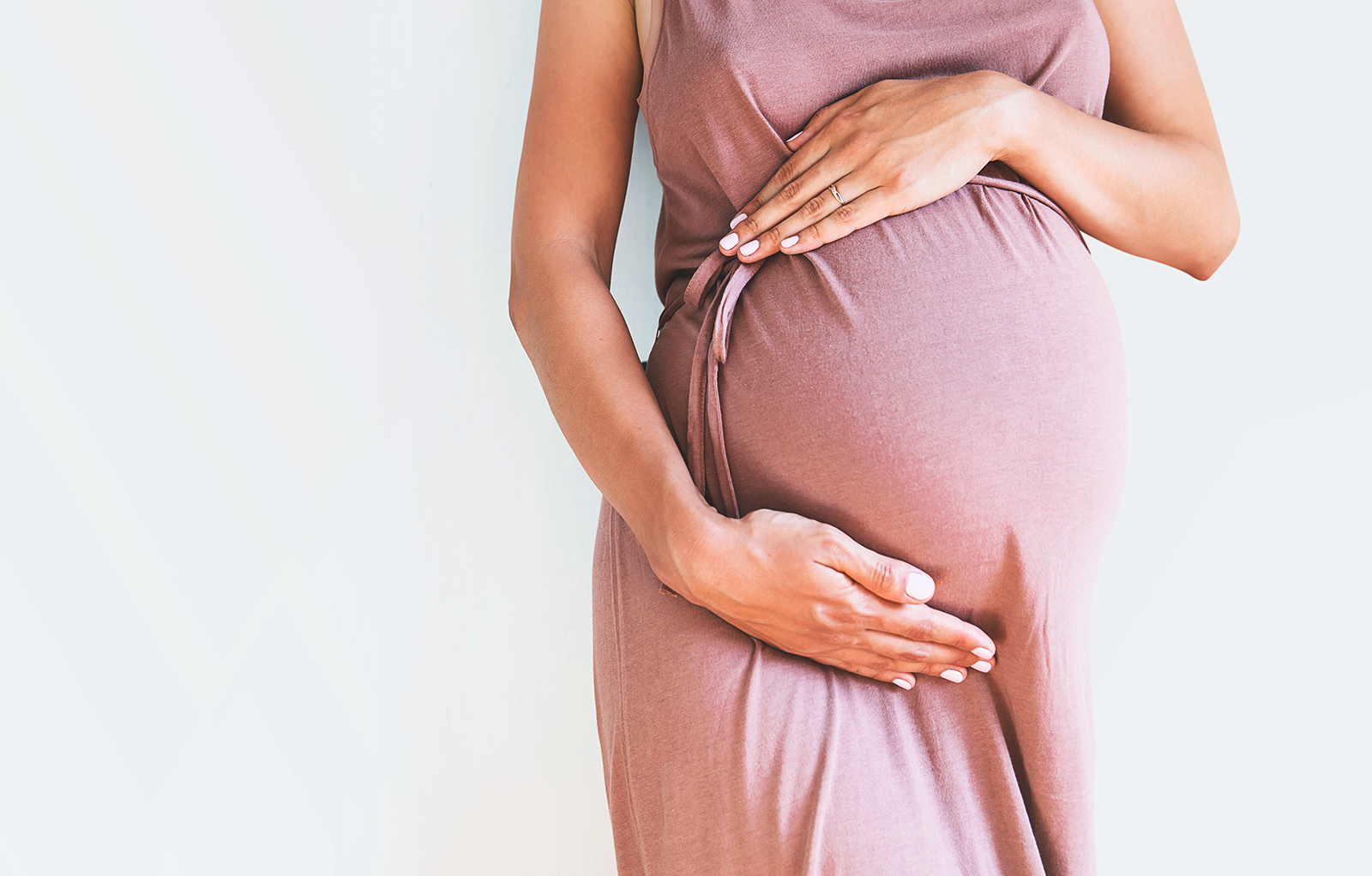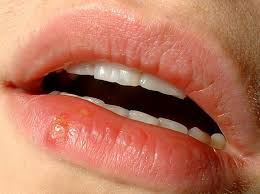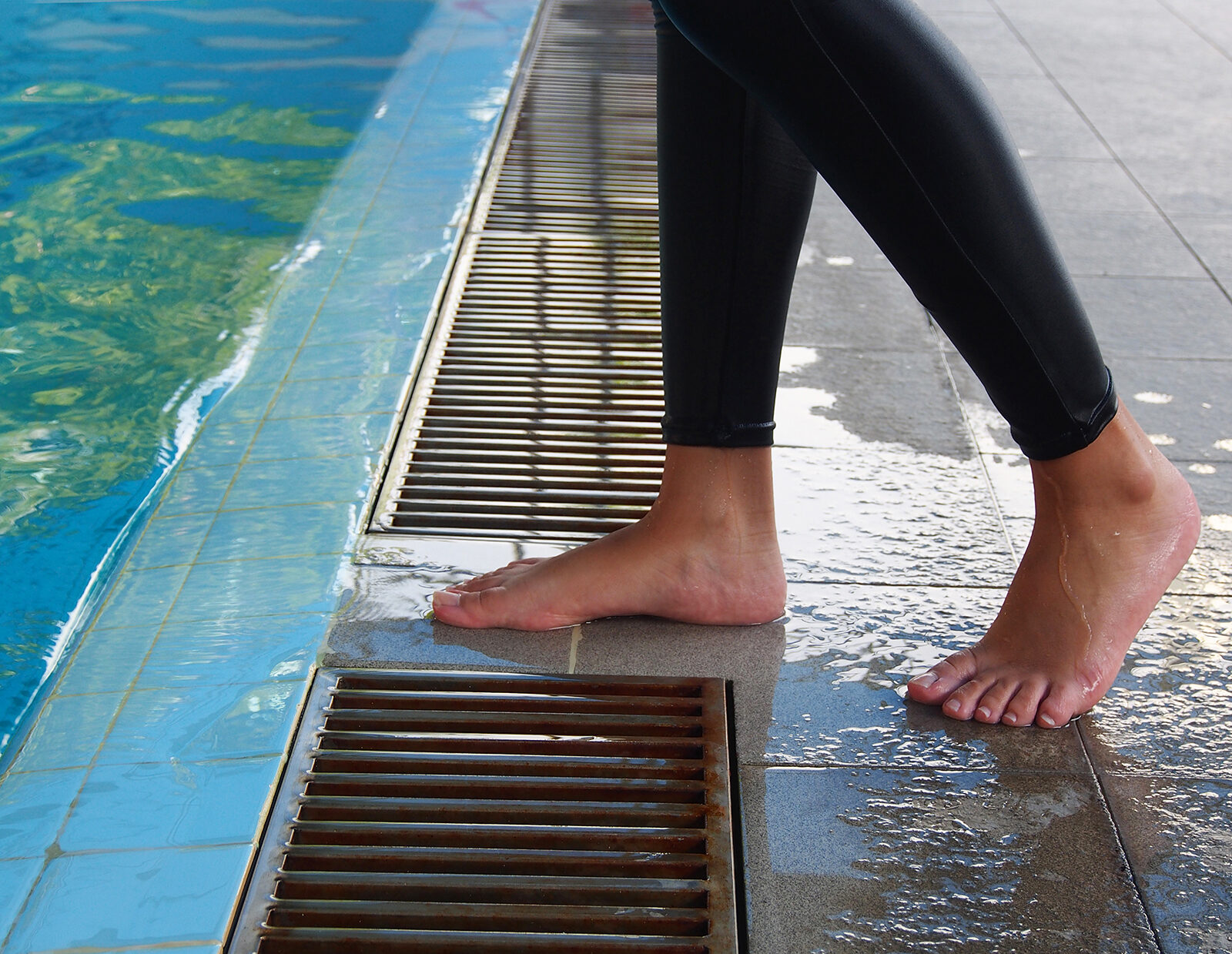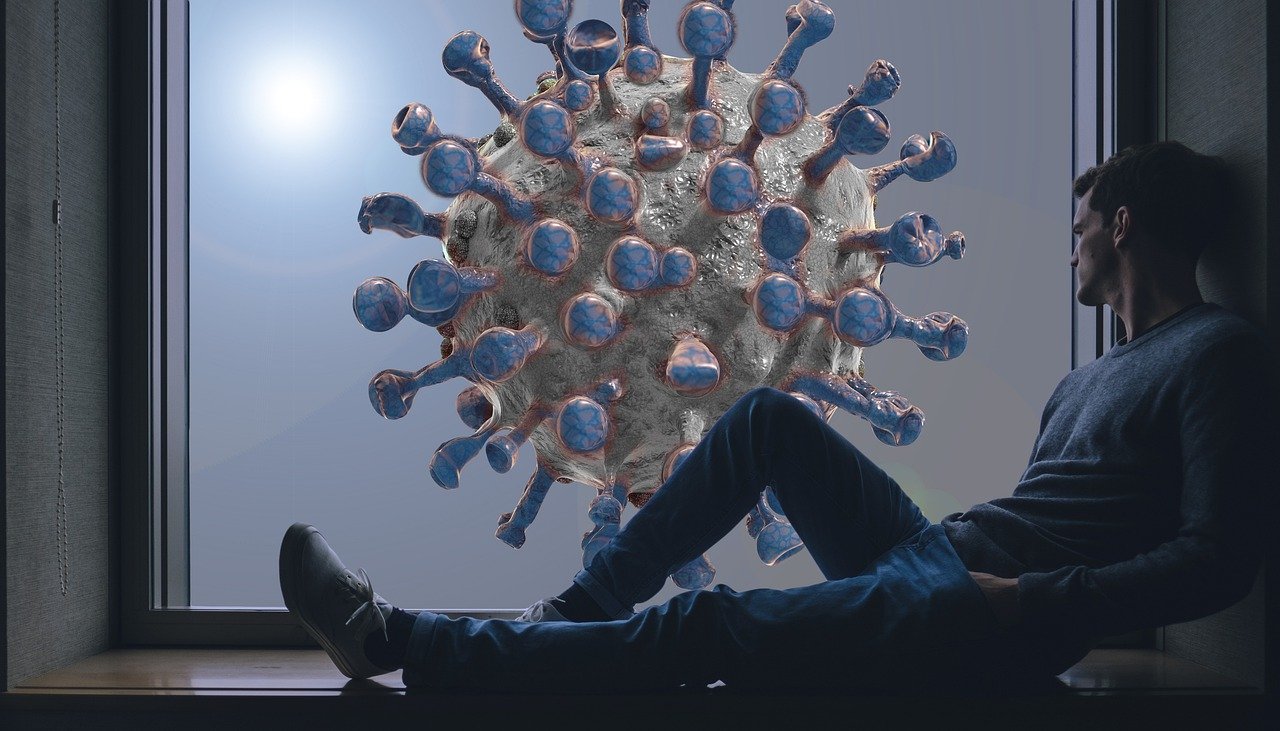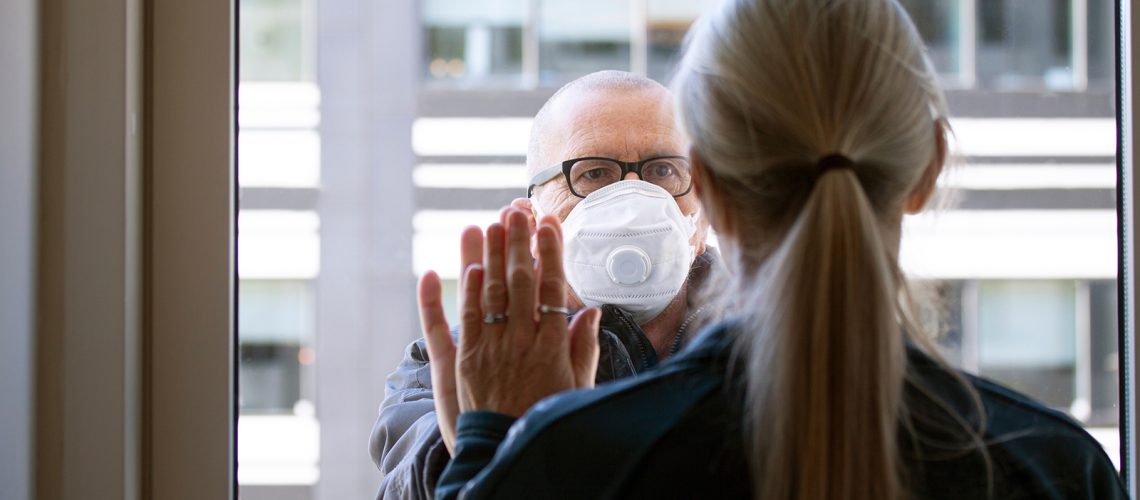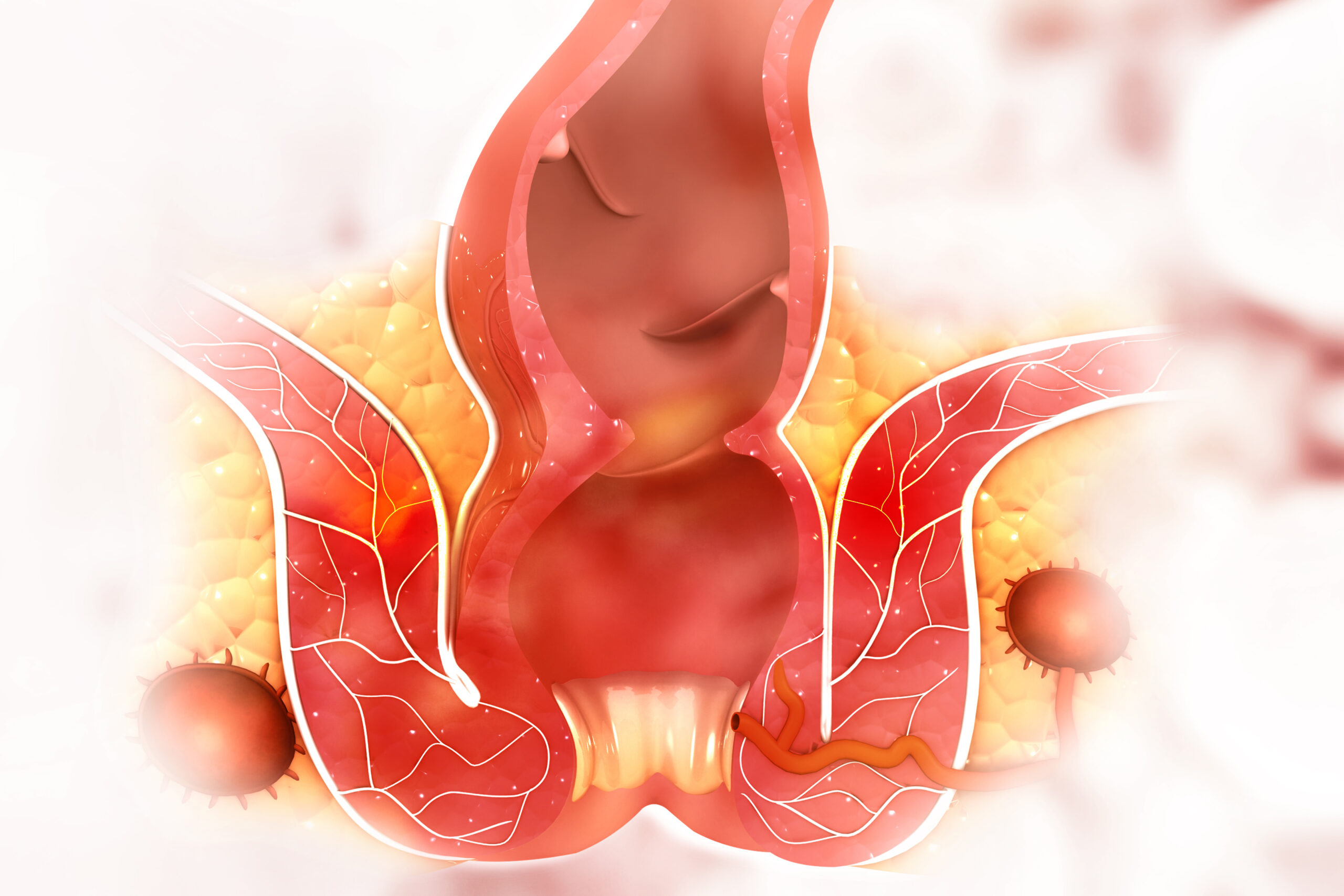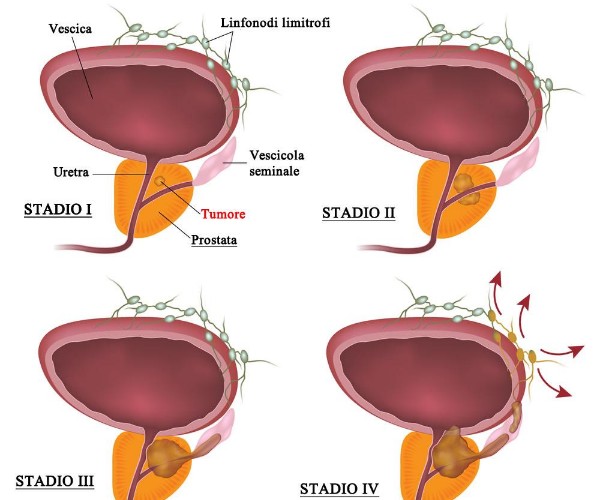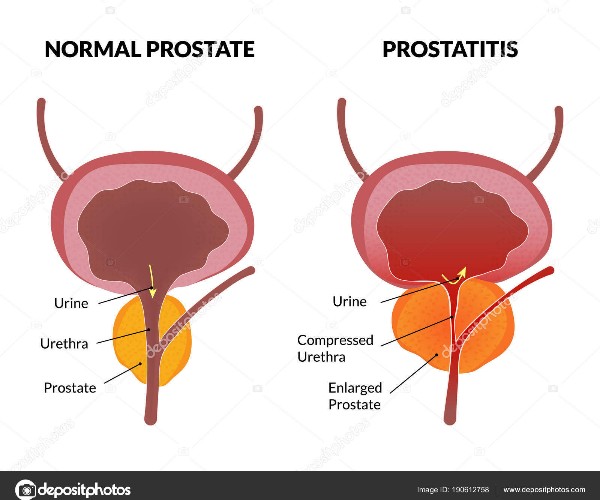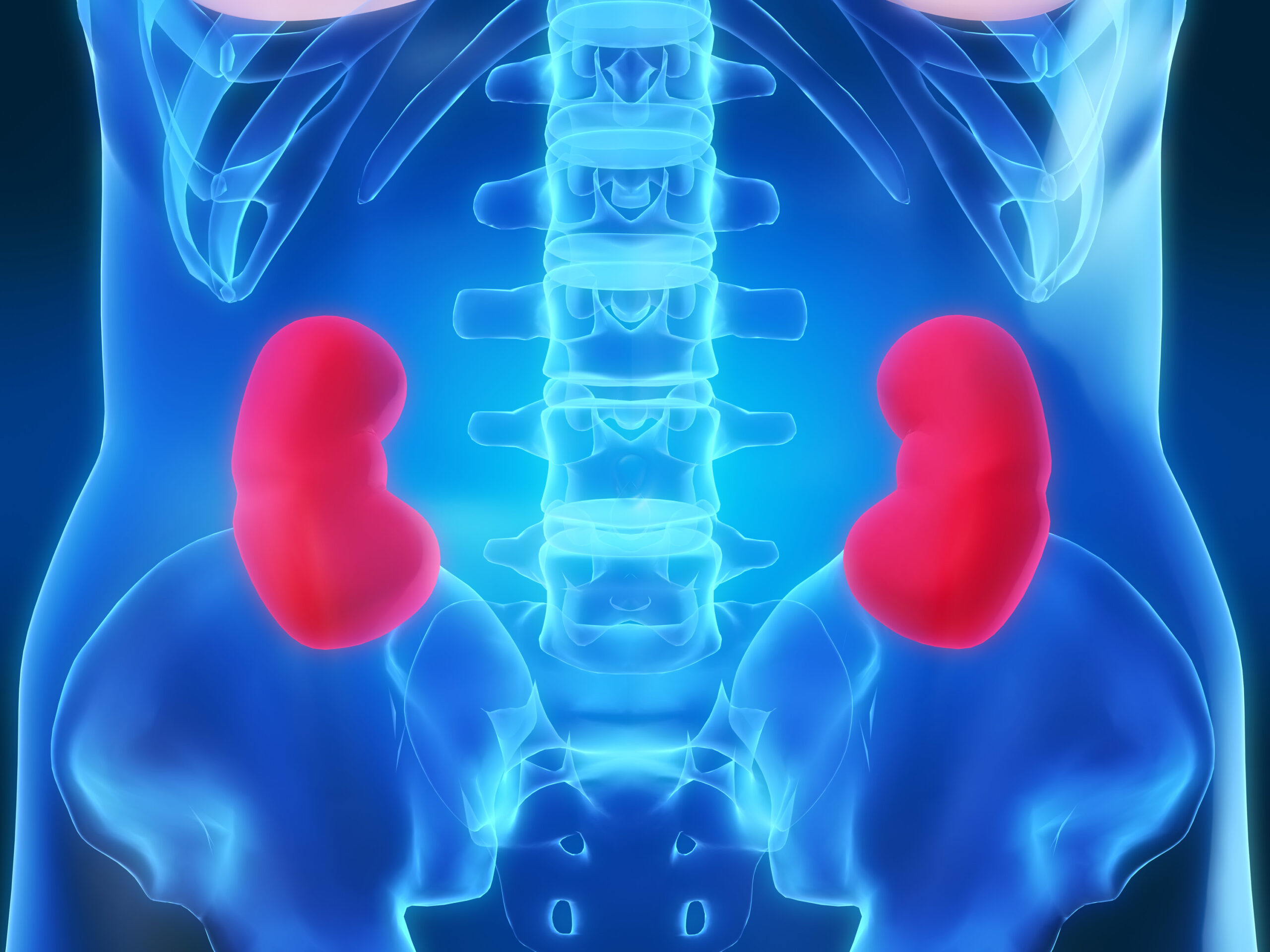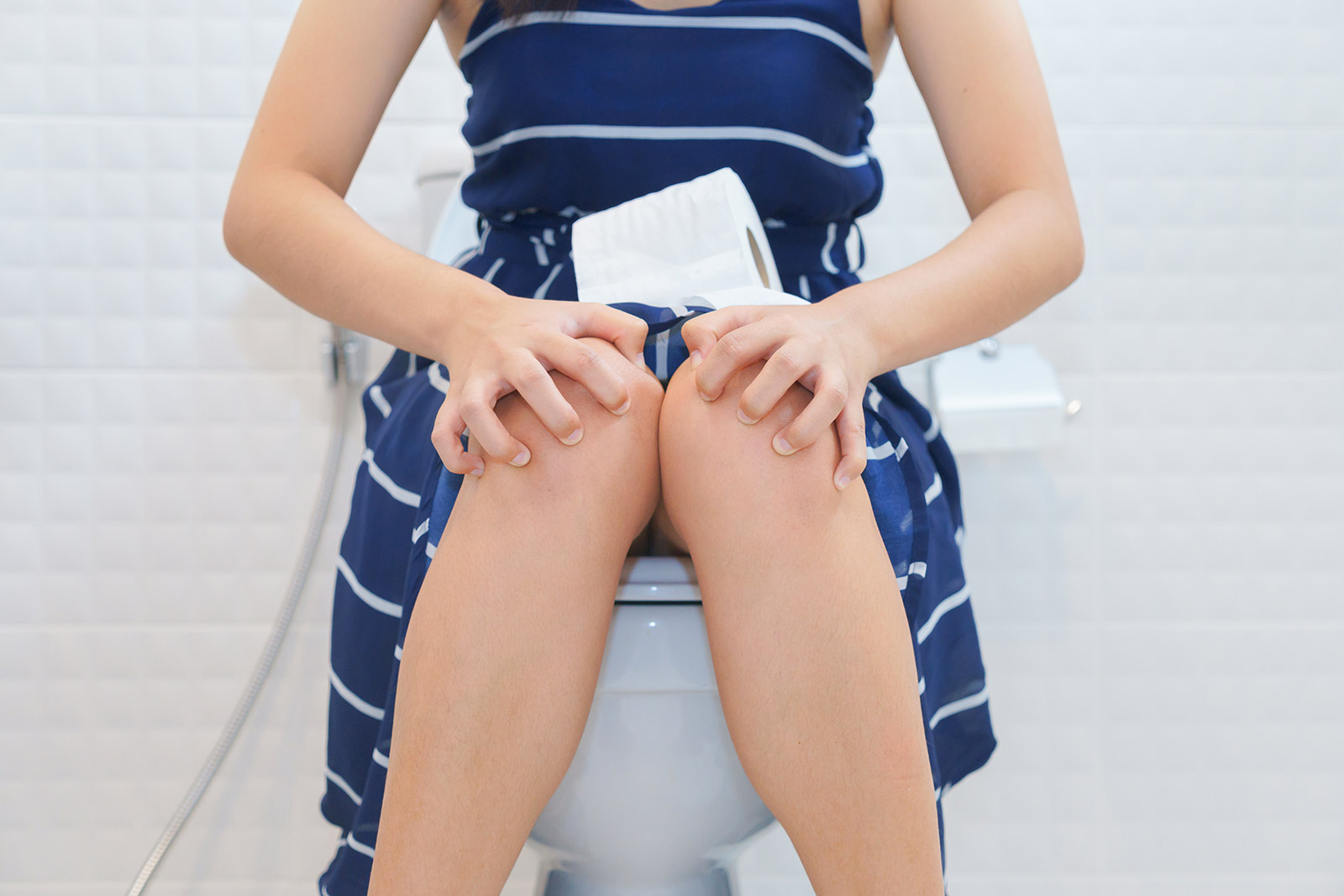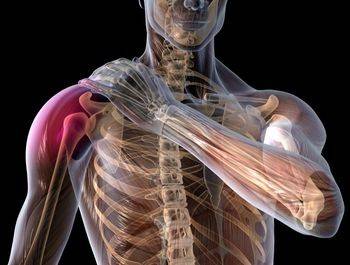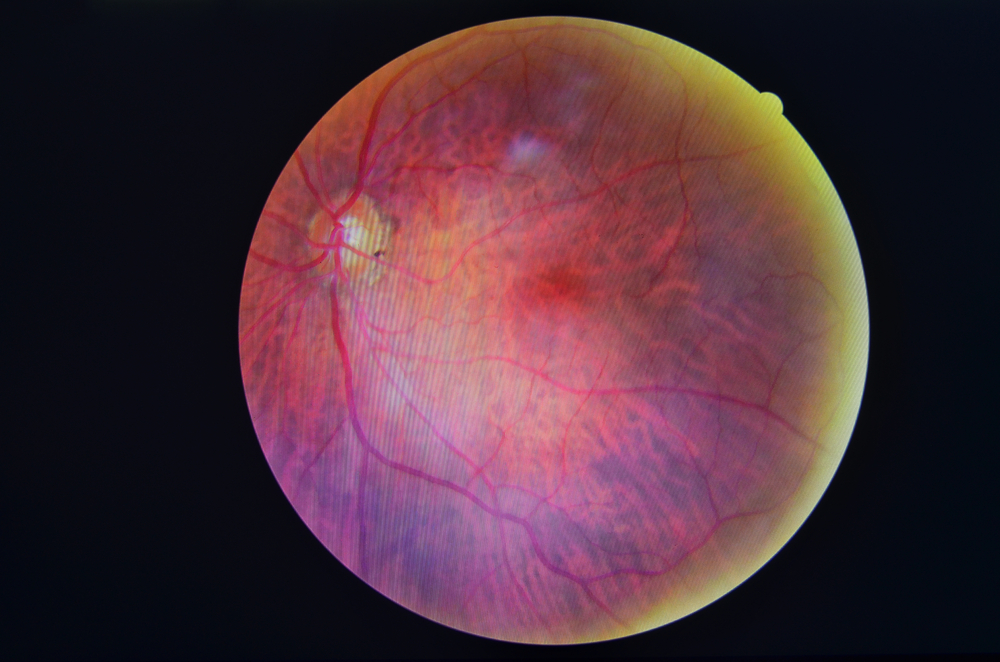The spread of the virus and the safety rules indicated to contain contagions have major repercussions on our social relations.
In particular, guidelines adopted to reduce the risk of infection limit interpersonal contacts, also affecting sexual life.
Although Covid-19 is not classifiable as a sexually transmitted disease, the New York City Department of Health has issued guidelines to follow to ensure safe sex and prevent transmission of the virus.
The document, which has also been translated into Italian, encourages readers to adopt rules such as wearing a mask and hand sanitizing gel, choosing partners carefully, and avoiding exchanging kisses.
Those most affected by the situation are single people, for whom it is increasingly difficult to meet, even sexually, with the Other.
They increase mistrust and interpersonal detachment because the Other may be carrying the virus.
According to Recalcati, Covid-19 has exaggerated an ambivalent relational mode already prevalent among humans. One desires contact and closeness, but at the same time the Other represents a threat to our personal freedom, so one prefers to keep a distance so as to avoid deeper involvement in the relationship. In addition to meeting new people, however, love relationships are also compromised by the virus.
Sometimes partners are forced into forced cohabitation, other times they are removed to provide greater protection for the most vulnerable individuals. Then, there are a number of alternative modes of sexuality to actual intercourse that are adopted.
During the lockdown, use of pornographic material,exchange of erotic photos, virtual sex, sexting, and use of sex toys increased. As for cohabiting couples, however, there seems to have been an increase in relational conflict between partners during the national health emergency situation.
Psychological and relational stress negatively affects sexual desire and functioning, which are instead supported by relaxation, low stress levels, and maintaining proper distance to reduce familiarity with the partner’s body.
This is a relational balance that may be altered by the excessive closeness to which cohabiting couples are forced. Some hormonal mechanisms are involved in the suppression of reproductive functioning in the presence of acute and chronic stressors.
Psychologically, however, stress can interfere with sexual activity through emotional and cognitive changes that divert the focus of attention away from sexual stimuli, resulting in reduced levels of arousal.
A recent U.S. study found a reduction in sexual intercourse, masturbation of self or partner, and hugging, kissing and caressing.
This detachment was associated with increased relational conflict during the pandemic period.
An Italian study, which investigated sexual functioning and quality of life in a sample of young women of reproductive age, found a reduction in sexual activity in women who lived with their partners after the government disclosed security measures. During a period of acute stress, personal priorities change, and erotic arousal and the relationship with a partner may be affected by the surroundings, partly because of the fear of exposing oneself to a possible risk of infection.
It is important for therapists, physicians, and educators to help their patients implement stress and conflict management strategies aimed at increasing emotional support, intimacy, and thus foster sexual desire and activity in the couple.
In addition, for cohabiting partners, the maintenance of personal autonomy and self-differentiation in the couple is encouraged to reduce overfamiliarity that can negatively affect mutual sexual attraction.



